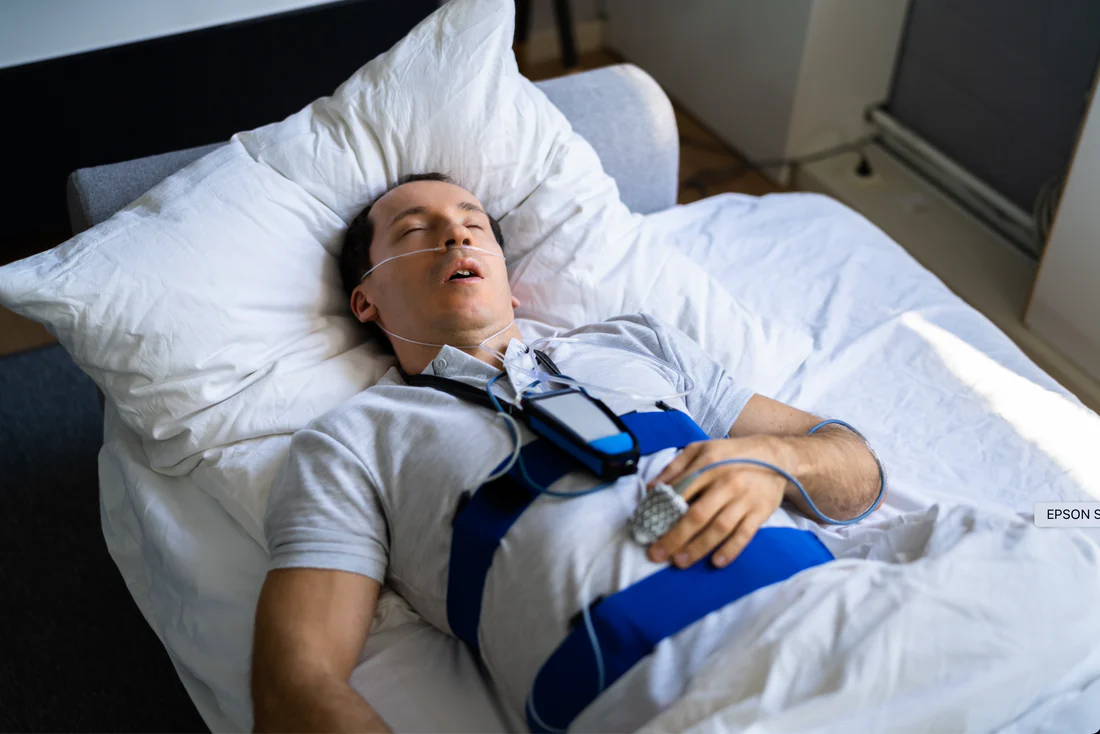Sleep studies are essential diagnostic tools used to uncover sleep disorders such as sleep apnea, insomnia, restless leg syndrome, and more. In Brisbane, sleep studies are conducted in hospitals, clinics, or even at home, depending on the type recommended by a sleep specialist. Here’s a comprehensive guide to understanding how long a sleep study takes — from the initial consultation to receiving your final results.
Initial Consultation and Referral Process
Before a Sleep Study Brisbane begins, patients usually consult their general practitioner or a sleep specialist. This consultation helps determine whether a sleep test is necessary and what kind of study (in-lab or home-based) will best suit the individual’s condition. The referral and booking process typically takes one to two weeks, depending on the clinic’s availability.
Preparation Time Before the Sleep Study
Once your sleep study is scheduled, the clinic provides preparation guidelines. This may include avoiding caffeine, alcohol, and naps before the test. Preparation usually takes a day, ensuring that the results accurately reflect your natural sleep patterns.
Arrival and Setup at the Sleep Centre
For in-lab sleep studies, you’ll be asked to arrive in the evening—usually around 7 or 8 PM. The setup involves attaching various sensors and monitoring devices to track your brain waves, breathing, oxygen levels, and body movements during sleep. The setup typically takes about 45 minutes to an hour.
Duration of the Overnight Sleep Test
The actual sleep monitoring lasts for about 6 to 8 hours. Most patients are observed overnight, from approximately 10 PM to 6 AM. During this time, technicians ensure that all sensors are functioning correctly, while you sleep in a comfortable, quiet room similar to a hotel environment. Read more about Sleep – stages, tips, disorders, apnoea.
Home-Based Sleep Studies
If you opt for a home sleep test, the process may differ slightly. You’ll collect the monitoring equipment from the clinic or have it delivered to your home. After receiving instructions, you’ll wear the sensors yourself and sleep in your own bed. The recording duration remains the same—around 6 to 8 hours overnight.
Post-Test Equipment Return and Data Collection
For home sleep studies, equipment is usually returned to the clinic the next morning. The collected data is downloaded and reviewed by a technician, which typically takes one to two business days. In-lab studies, on the other hand, already have data stored in the system by the time you wake up.
Data Analysis by Sleep Technicians and Specialists
Once your sleep data is collected, it undergoes detailed analysis. Sleep technicians review several parameters, including breathing irregularities, sleep stages, snoring intensity, and body movements. This process can take 3 to 5 days, depending on the clinic’s workload.
Consultation for Sleep Study Results
After the analysis, your sleep specialist reviews the findings and prepares a comprehensive report. You’ll then be scheduled for a follow-up consultation to discuss the results and potential treatment options. This step can occur within one to two weeks after your sleep study.
Total Time from Start to Results
From your first consultation to receiving the final results, the entire process of a sleep study in Brisbane usually takes between 2 to 3 weeks. In some cases, delays may occur due to high demand, but private clinics often offer quicker turnaround times.
What Affects the Timeline of Sleep Study Results
The overall timeline can vary based on factors such as the type of study (in-lab vs. home-based), the complexity of your sleep issues, and how busy the clinic is. Choosing a reputable Brisbane sleep clinic with efficient testing and analysis procedures can help ensure faster and more accurate results.
Related : Top 5 Common Issues Found During Sleep Testing in Hobart
FAQs About Sleep Studies in Brisbane
A sleep study is a diagnostic test that monitors sleep patterns, breathing, oxygen levels, heart rate, and body movements to detect sleep disorders.
2. Where are sleep studies conducted in Brisbane?
Sleep studies in Brisbane can be performed in hospitals, specialized sleep clinics, or at home using portable monitoring equipment.
3. How long does a sleep study take?
From the initial consultation to receiving results, a sleep study typically takes 2 to 3 weeks. The overnight test itself lasts 6 to 8 hours.
4. What happens during an in-lab sleep study?
Patients arrive in the evening for sensor setup (45–60 minutes), then sleep in a quiet room while technicians monitor brain activity, breathing, and oxygen levels overnight.
5. How does a home-based sleep study work?
Patients receive or collect portable monitoring equipment, attach sensors themselves, and sleep at home for 6–8 hours. The equipment is returned the next day for data analysis.
6. How long does it take to analyze sleep data?
Technicians typically review collected data within 3 to 5 days, examining breathing events, sleep stages, snoring, and body movements.
7. When do patients receive their results?
After analysis, a sleep specialist prepares a report. Follow-up consultations to discuss results and treatment options usually occur within 1–2 weeks.
8. What factors affect the timeline of a sleep study?
The timeline can vary depending on study type (in-lab vs. home), clinic workload, and appointment availability.
9. What preparation is needed before a sleep study?
Patients are advised to avoid caffeine, alcohol, and naps on the day of the study to ensure accurate results.
